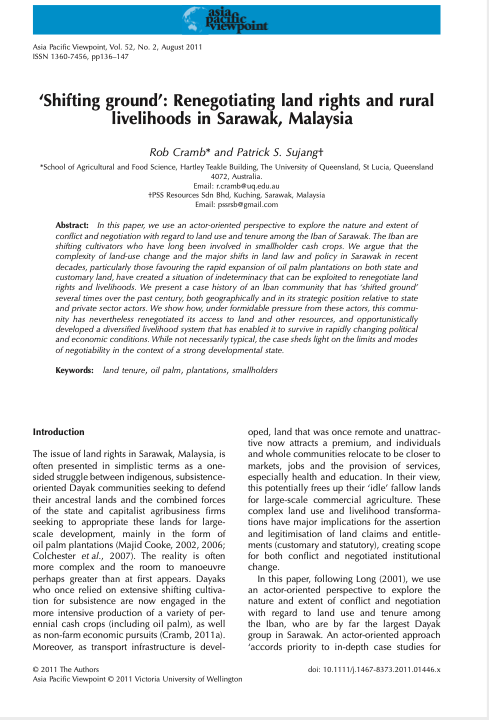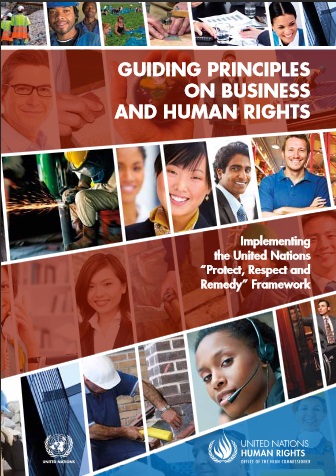Sold Out - Launch of China pipeline project unleashes abuse across Burma (English, Burmese - မန်မာဘာသာ)
Construction of various project components
to extract, process, and export the Shwe
gas - as well as oil trans-shipments from
Africa and the Middle East - is now well
underway. Local peoples are losing their land
and fishing grounds without finding new job
opportunities. Workers that have found lowpaying
temporary jobs are exploited and fired for
demanding basic rights. Women face unequal
wages, discrimination in the compensation
process, and vulnerabilities in the growing sex
industry around the project.








